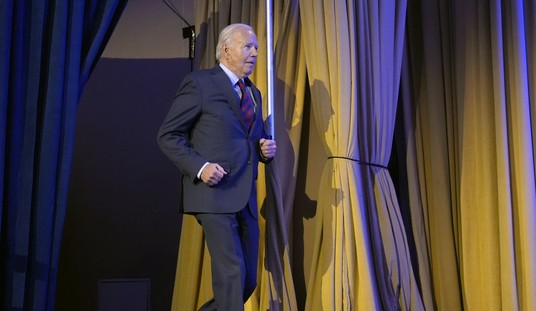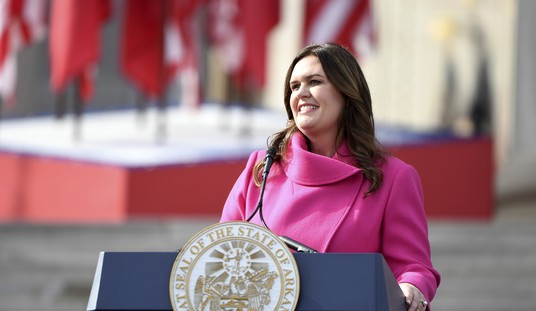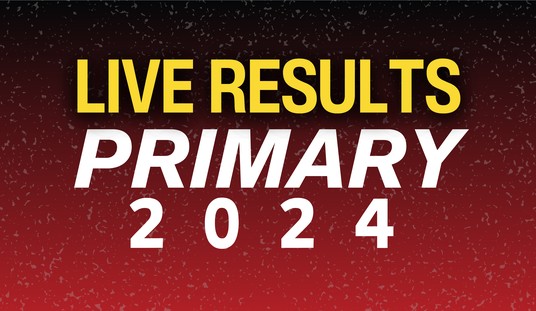Days after President Obama proposed a higher minimum wage for federal contractors, the New York Times called for a maximum wage for the same. The issue of a maximum wage, driven by men like Robert Reich and organizations like the Times, has arisen every few yearsfor decades. It’s easy to understand why. It’s emotionally difficult to justify a company’s president making 20 times the salary of another employee. It’s especially galling considering that low-pay employees who don’t produce value are fired, while some CEOs walk away with golden parachutes.
One reason this issue is perennial is that many Americans simply don’t know what a corporate executive does. ThinkProgress argues that executive pay is too high under an image of a boss lounging with his feet up. The AFL-CIO claims that, “CEOs should be paid as a member of a team, not as a superstar.” What they ignore is the hard work and value executives add to an organization.
Bruce Lucas, Chairman and Chief Investment Officer of Heritage Insurance, is in many ways the stereotypical corporate executive. He’s personally wealthy. His 100-man company makes $250 million in annual revenue.
Bruce’s workday starts at 6am. It’s his job to keep his thumb on the pulse of the company and deal with any hot issues. Every day he meets with every single department head, so he knows what they’re doing, why, and what their goals are. He plans overall strategy for the company. His job is 80 hours on a light week.
Nor is Bruce’s hard work unique. Some CEOs, he said, put their feet up and just work 40 hours a week. Most of them end up fired.
What sort of value does Bruce add to Heritage? He walked me through a multi-million dollar deal he made with another company several months ago. As Chairman, he planned strategy, met the other players, and negotiated the entire deal over a period of months. Planning and executing high-level deals, which can bring in tens of millions in revenue, is a big part of most corporate executives’ jobs.
Recommended
But beyond this, he said, the real value-add is being in the office every day, promoting the right company culture and getting the best out of his employees. By planning strategy and shaping the culture, executives like Bruce play an enormous role in the success or failure of their company.
Nor does Bruce fit the caricature of executives as ruthless men happy to cheat workers. By running Heritage efficiently, Bruce helps to provide every one of his 100-odd employees with sustainable income. He pays for employees’ health care and subsidizes the health care of their families. He personally funded a health-care savings account for employees, out of his pocket, for 2 years. When it comes to promoting ethics in Heritage, Bruce, like many executives who never make the news because they play by the rules, leads by example.
But what if all this is true and executives are still overpaid? In his book The Roaring Nineties, Joseph Stiglitz argues that the system is rigged to overpay executives. CEOs are friends with board members, who approve their compensation packages; both conspire to enrich themselves and rob the company.
But that’s empirically not the case. “Compensation packages are determined by compensation committees,” says Bruce; not by the board. The “committees are controlled by independent directors with no financial loyalty to management.” The board votes on the packages the committees present, but its total influence is limited.
But to the extent that boards do influence executives, Bruce points out that shareholders own his company. ”The boardroom works for them, not for the CEO.” He drew parallels to elected officials: shareholders, like voters, have ultimate authority to fire a board member (or Congressman). “The process is highly democratic.”
That said, some executives are probably paid beyond their value; but often here government is the cause, not the solution. The 2008 TARP bailouts gave $432 billion to distressed companies like AIG and Citigroup. This money helped Citigroup to pay its executives $12.5 million in bonuses, subsidizing leaders who failed. Lucrative government contracts also reward executives better at networking with Congress than producing value. CGI Federal, the company behind the botched Healthcare.gov rollout, brought in $950 million in government contracts in 2012. Michael Roach, current president and CEO, receives over $6 million per year.
Most executives refute the caricature of executives as fat-cat do-nothings. Some are, admittedly, corrupt or bad at their jobs. They tend to get fired. But for the career CEOs routinely paid more than they’re worth, government is generally the problem. If people are serious about bringing executive compensation in line with executive value, the solution is fewer government handouts and bailouts, not an arbitrary maximum wage.

























Join the conversation as a VIP Member